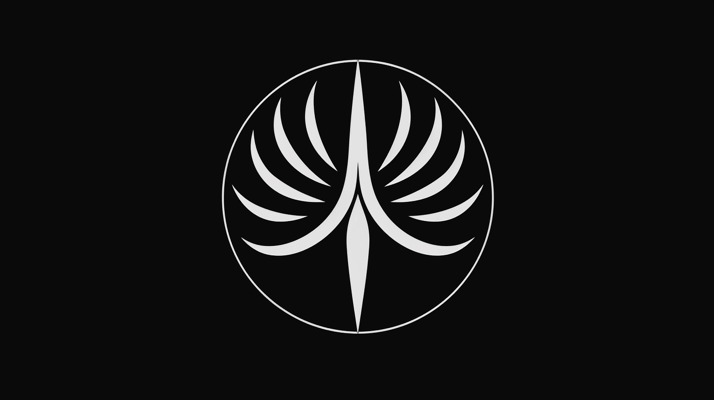


Trickster's Day is a joyous and mischievous holiday dedicated to Malik, the unpredictable and playful God of Trickery and Deceit. Celebrated in the middle of spring, this festival is marked by jests, pranks, and illusions, embracing the spirit of the mischievous God.
Observance:
Trickster's Day is a day of revelry and laughter, where communities come together to enjoy playful tricks and humorous antics. It is observed in the middle of spring when all are full of hope and optimism.
Festivities:
The day is filled with a series of playful events and activities. Jesters and magicians showcase their skills, performing awe-inspiring illusions and tricks that leave the audience in wonder and amusement. The locals also put on community theater events such as plays and the reading of bawdy poetry.
Participants organize contests to determine the most creative and clever prankster, with participants vying to outwit each other and earn the title of "Master Trickster."
Rituals:
During Trickster's Day, people don masks and costumes to symbolize Malik's shapeshifting abilities and to embrace the joy of adopting different personas. It is a day of lightheartedness and letting go of the mundane, allowing everyone to express their playful side.
Offerings to Malik may include small trinkets, brightly colored ribbons, or tokens of mischief, representing the celebration of laughter and the unpredictable nature of life.
Origins:
Trickster's Day finds its origins in ancient folklore, where Malik was revered as a bringer of laughter, merriment, and occasional chaos. Over time, the playful aspect of his nature became associated with the spring, a time of renewal and celebration.
As the God of Trickery and Deceit, Malik is believed to find joy in the whimsical and the absurd, and Trickster's Day serves as an opportunity for his followers to embrace the joy of surprises, camaraderie, and the playful side of life.